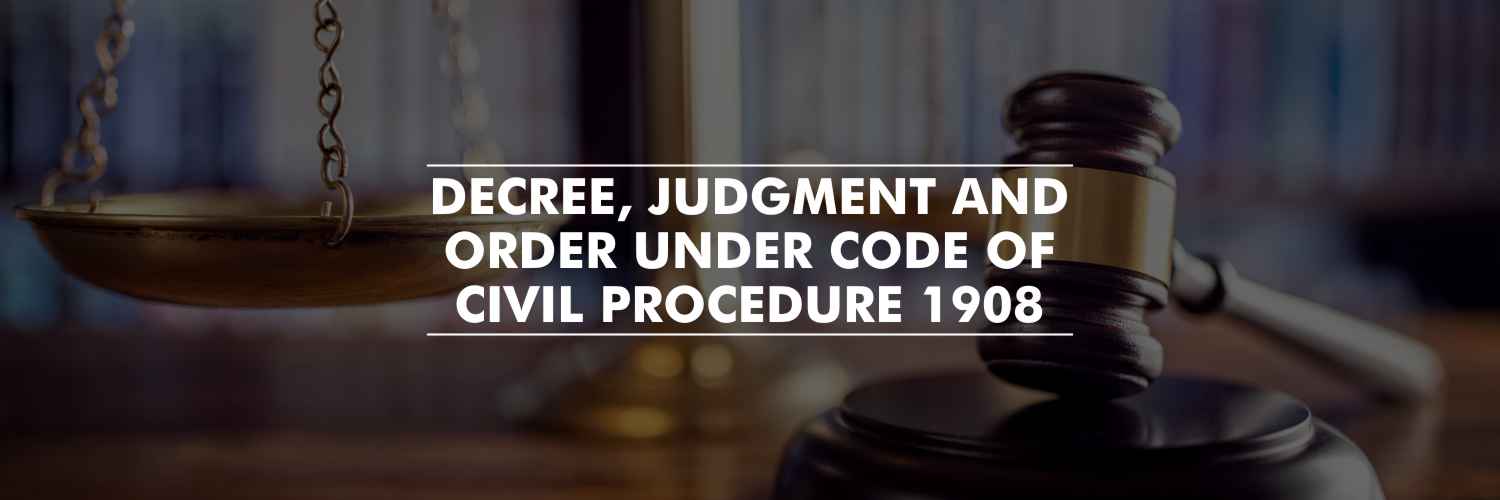Overview:
A sole proprietorship refers to the simplest business form under which one can operate a business. A sole proprietorship is not a legal entity and therefore, it is not different from an individual running that business, i.e. the ‘proprietor’. It simply refers to a person who owns the business and is personally responsible for its debts.
Major Issues:
In M/S. Shankar Finance & Investment v. State Of A.P. & Ors[1], the Supreme Court held that“As contrasted from a company incorporated under the Companies Act, 1956 which is a legal entity distinct from its shareholders, a proprietary concern is not a legal entity distinct from its proprietor. A proprietary concern is nothing but individual trading under a trade name. In civil law where an individual carries on business in a name or style other than his name, he cannot sue in the trading name but must sue in his name, though others can sue him in the trading name.”
The Supreme Court in M/S. Bhagwati Vanaspati Traders vs Sr. Superin. Of Post Offices, Meerut[2] held that “A partnership firm differs from a proprietary concern owned by an individual. A partnership is governed by the provisions of the Indian Partnership Act, 1932. Though a partnership is not a juristic person Order XXX Rule 1 CPC enables the partners of a partnership firm to sue or to be sued in the name of the firm. A proprietary concern is only the business name in which the proprietor of the business carries on the business. A suit by or against a proprietary concern is by or against the proprietor of the business.”
In Arm Group Enterprises Ltd vs Waldorf Restaurant & Ors[3], it was held by the Supreme Court that, “Waldorf Restaurant is merely a trade name. It is not a legal person and has no existence independent of the proprietor. We have also held that Waldorf Restaurant is merely a trade name. It is not a legal entity. The legal entities or the legal persons are the ‘proprietor’ and the ‘partnership firm’.”
References:
[1] Criminal Appeal No.1449 of 2003.
[2] Civil Appeal No. 4854 of 2009.
[3] (2003) 6 SCC 432.









